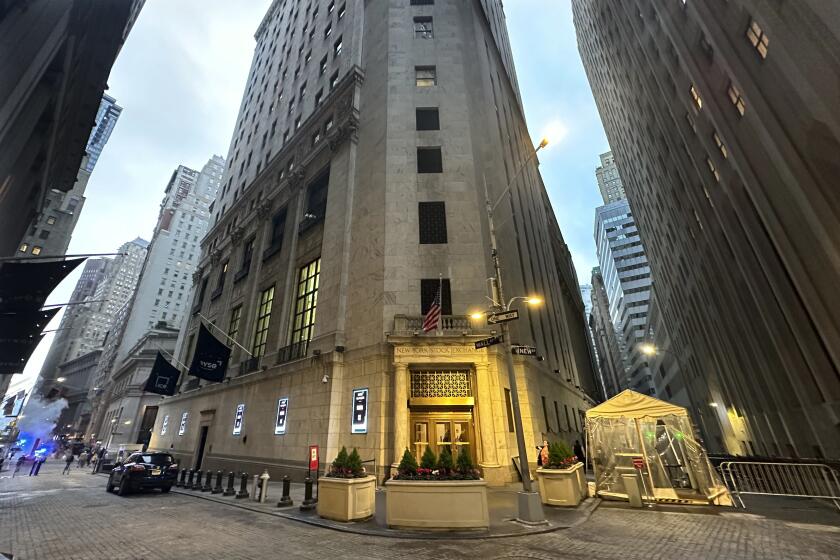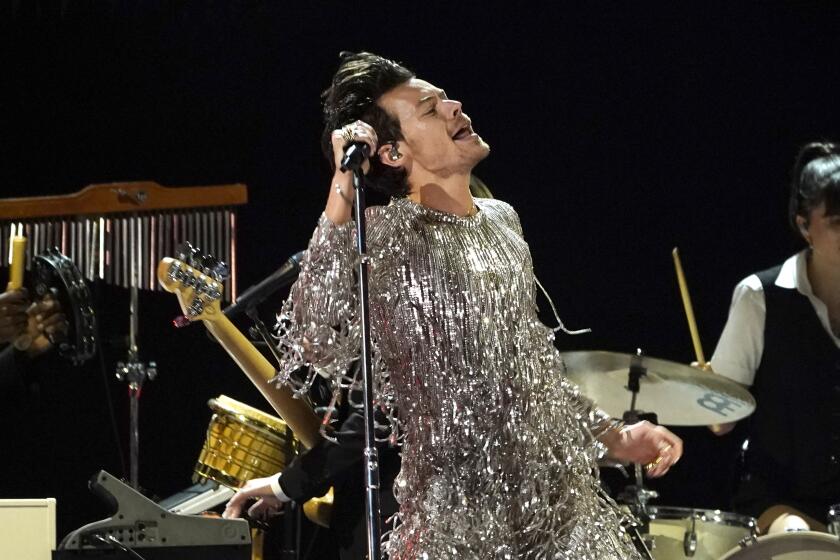The Faces Behind Biotech
Marty King was one of the first employees in San Diego’s biotechnology industry--joining Hybritech in late 1978 as its seventh employee.
“I was hired as a lab technician, and I didn’t know what I was getting myself into,” he said. “There was nothing there. Just ideas. We were starting from the beginning.
“At first, it was just a job, something I knew I could do. But I was very naive. But the more I understood what Hybritech was trying to do, and the more I got to know Ivor Royston (Hybritech’s founder), the more respect I got for the industry, and the more excited I got.”
Armed with a bachelor’s degree in chemistry from the University of Maryland (as well as one in psychology), King’s job evolved into creating experiments that would lead to the production of monoclonal antibodies--the product that would end up making Hybritech and its early employees several hundred million dollars.
King left Hybritech in 1986--after it was sold to Eli Lilly--and won’t say how much money he made for his rank-and-file stake in the company. But clearly he liked the idea of helping start new companies; he joined IDEC Pharmaceuticals, yet another start-up San Diego biotech firm with some of the same bloodline as Hybritech’s, as its fifth employee.
“I had the experience (at Hybritech) of seeing a company go from a couple months old to 7 1/2 years old, from nothing to a product on the market.
“Then I come to IDEC, which at the time was just a shell of a beautiful building with only a few people, and I knew I could help create that same atmosphere we had at Hybritech.
“The first years here (at IDEC) were very exciting. The hours were long because I wanted them to be. It was nothing to put in 12-hour days and work Saturdays and give up vacations to work here. It was very exciting.”
Today, King, 38, who lives in Pacific Beach and drives a black ’73 Porsche, is the manager of the IDEC laboratories, where scientists are looking for a vaccine for B-cell lymphoma cancer.
His chores can vary, from testing cell lines for their reaction to candidate drugs, to archiving the lab books maintained by the scientists, researchers and technicians, in case they later are needed to substantiate a case for a patent.
“To find a cure, a vaccine, that’s the ultimate. What more could you want, but for your company to come up with it, and for you to work for that company--no matter what you do. It’s your life’s work, and it can become an obsession.”






